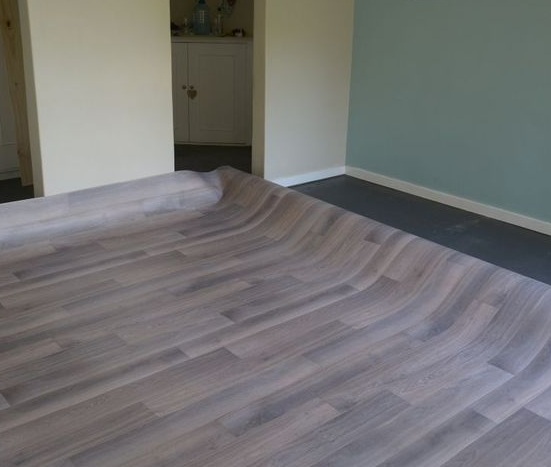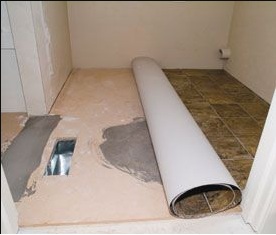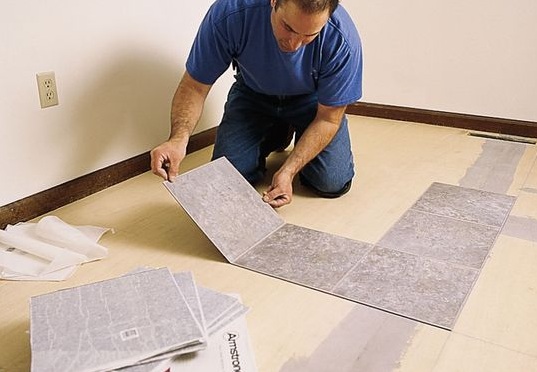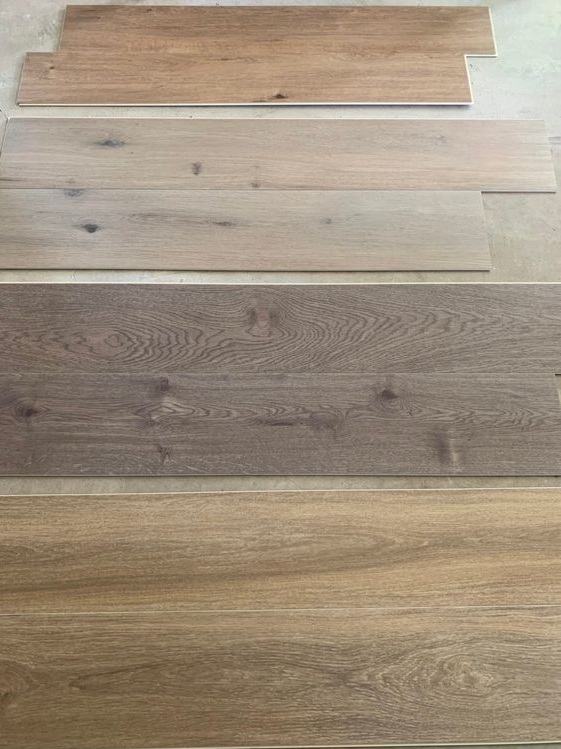Vinyl flooring is a modern type of flooring that is a synthetic material made up of various sub-layers. Although it resembles solid wood in appearance, it is commonly known as artificial wood because it is made of PVC material.
This type of flooring is generally used in commercial and public areas. It is a flooring material based on vinyl, not rubber, linoleum, or plastic.

Vinyl flooring is generally considered a durable material. However, there are some factors that determine how long the floor will last. For example, the quality of the material, manufacturing method, and installation quality affect the durability and life expectancy of vinyl flooring.
Table of Contents
Types of Vinyl Flooring
- Vinyl sheet flooring
- Vinyl tiles
- Vinyl plank flooring
1. Vinyl sheet flooring
Vinyl sheet flooring is available in rolls. Since it is the thinnest among various vinyl flooring materials, it is light and easy to handle. It is also the cheapest. And since it comes in large sheets, the entire area may not be completely impermeable to water. This is an excellent choice for a bathroom.
However, this will show the defects of the floor. Therefore, if you plan to use sheet flooring, you may have to spend time and money to ensure that the surface to be installed is perfectly smooth and even.

2. Vinyl tiles
Vinyl tiles, on the other hand, are thicker and are molded into individual tiles. They are often applied to paintings imitating stone or ceramics. Because there is a seam between each tile, there is a higher chance of water entering the floor.

3. Vinyl plank flooring
Vinyl plank floors are available in strips. It is usually printed to look like wood and the fibers run in the direction of the board. Most boards use a tongue-and-groove system to make installation easier. This allows the tongues of one board to engage with each other by sliding the tongues into the grooves on the next. The design also minimizes the gaps between boards. This means that it will take time for the spilled liquid to flow down the floor.

